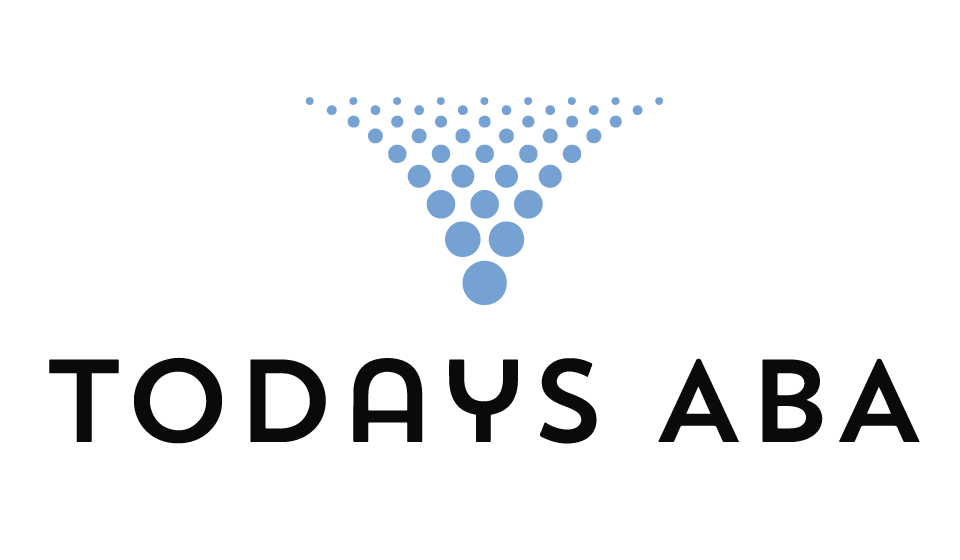
Today’s Treatment. Tomorrow’s Triumph.
Our Vision
We have assembled a team of experienced clinicians prepared to help children in need of ABA therapy. Our commitment to exceptional customer service has enabled us to extend our reach to more underserved communities. We are now accepting clients throughout Tulare and Kern counties. As a company, we are committed to grow responsibly, ensuring consistent high-quality treatment, and fostering employee satisfaction.
Treatment Options
Early Intensive Behavior Intervention
This treatment plan is a childhood development program that is ideal for children under 5 years old. EIBI provides 25-40 hours of ABA therapy weekly to address behavioral excesses and skill deficits.
(Maladaptive Behaviors)
Comprehensive Treatment
This treatment is recommended to school-aged children that have skill deficits across multiple domains. This plan provides 20-30 hours of ABA therapy weekly to address behavioral excesses and skill deficits.
(Challenging Behaviors)
Focus Treatment
This program is recommended to school-aged children who have skill deficits in specific domains. This plan provides 10-16 hours of ABA therapy weekly, focusing on addressing behavioral excesses and skill deficits within a single area at a time.
Benefits of Today’s ABA
Teaches Functional Communication
Teaches independent Daily Living Skills
Establishes Play Skills
Teaches Social Skills
Establishes Learning Prerequisites
Common Symptoms of Developmental Disabilities
Unusual or Repetitive behaviors
Delayed Speech/Motor/Learning Skills
Excessive tantrums
The CDC defines Autism (ASD) as a developmental disability caused by differences in the brain. Children living with Autism experience a wide range of symptoms and severity. The Autism spectrum refers to the wide range of symptoms and severity.
Today’s ABA offers treatment that reduces symptoms that interfere with a child’s daily functioning and overall quality of life. Contact us to learn more.
Unusual emotional reactions
Aggression
Self-Injury






